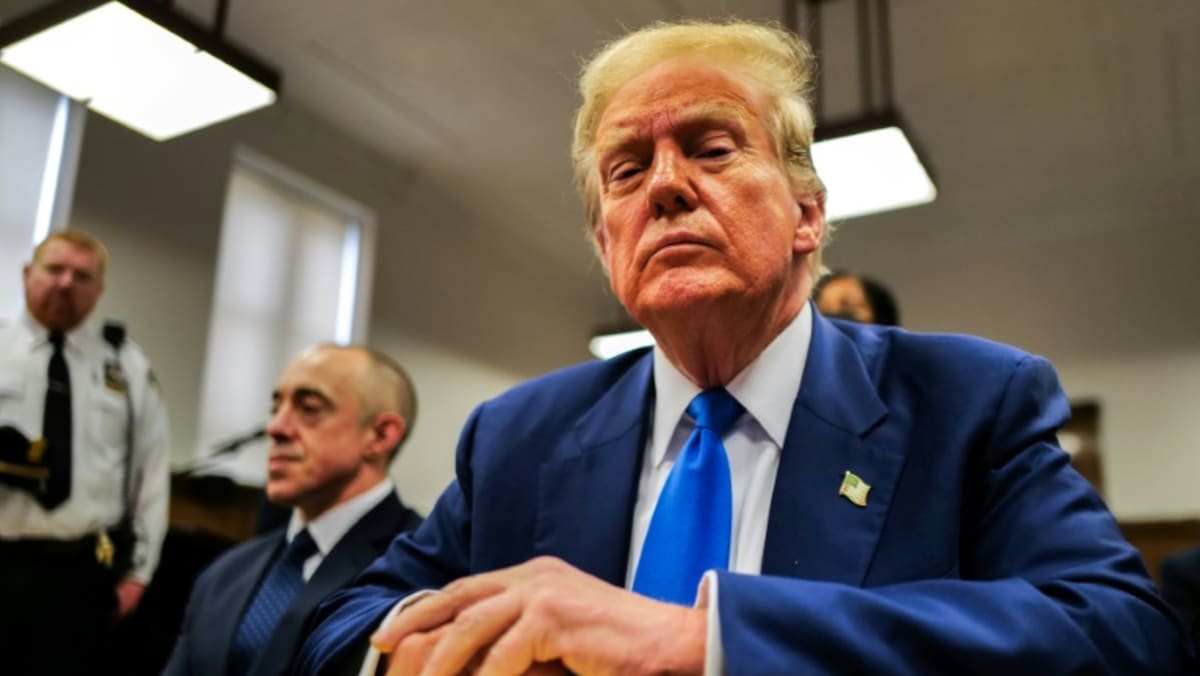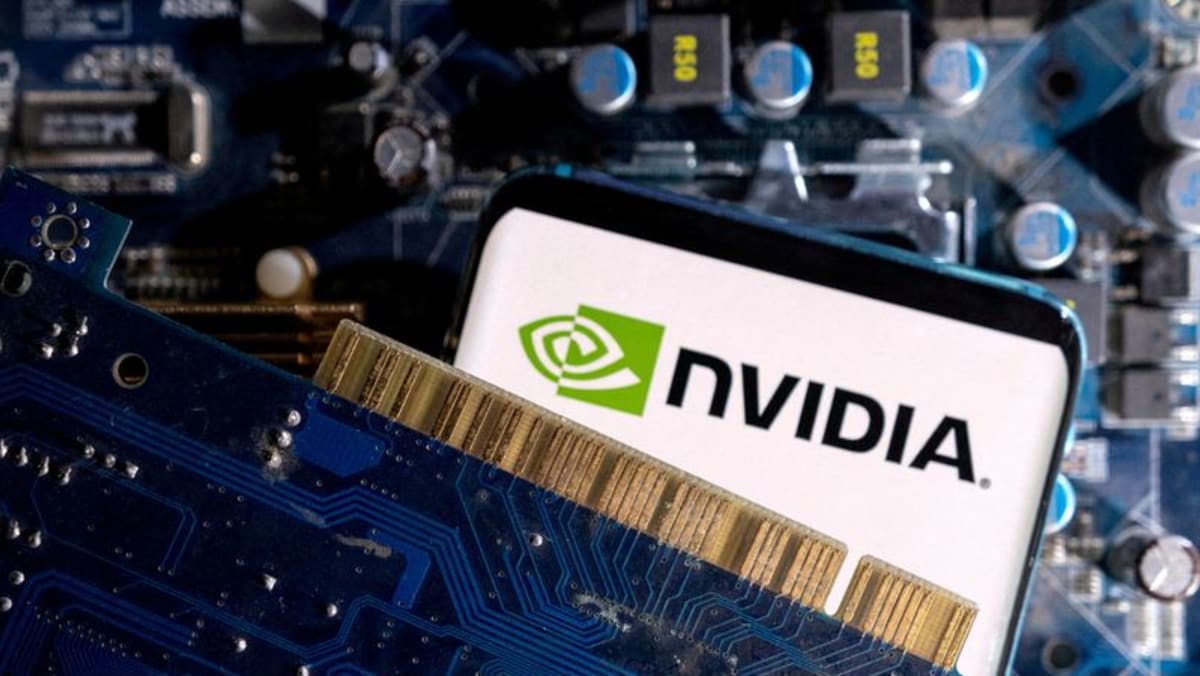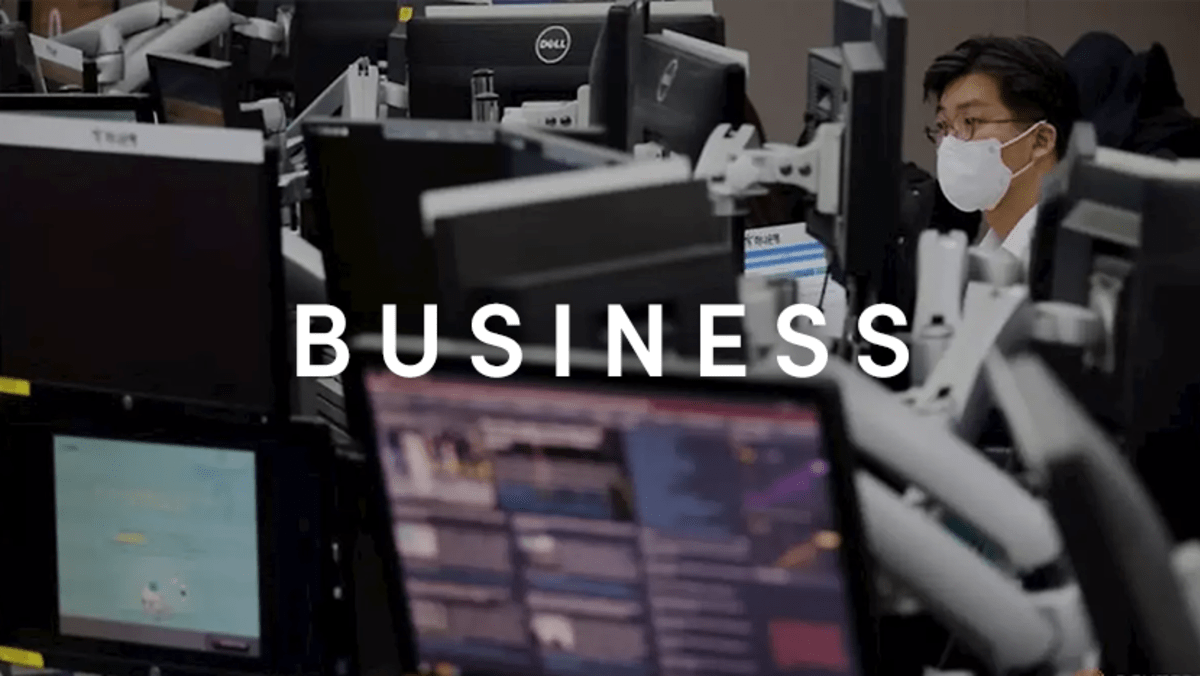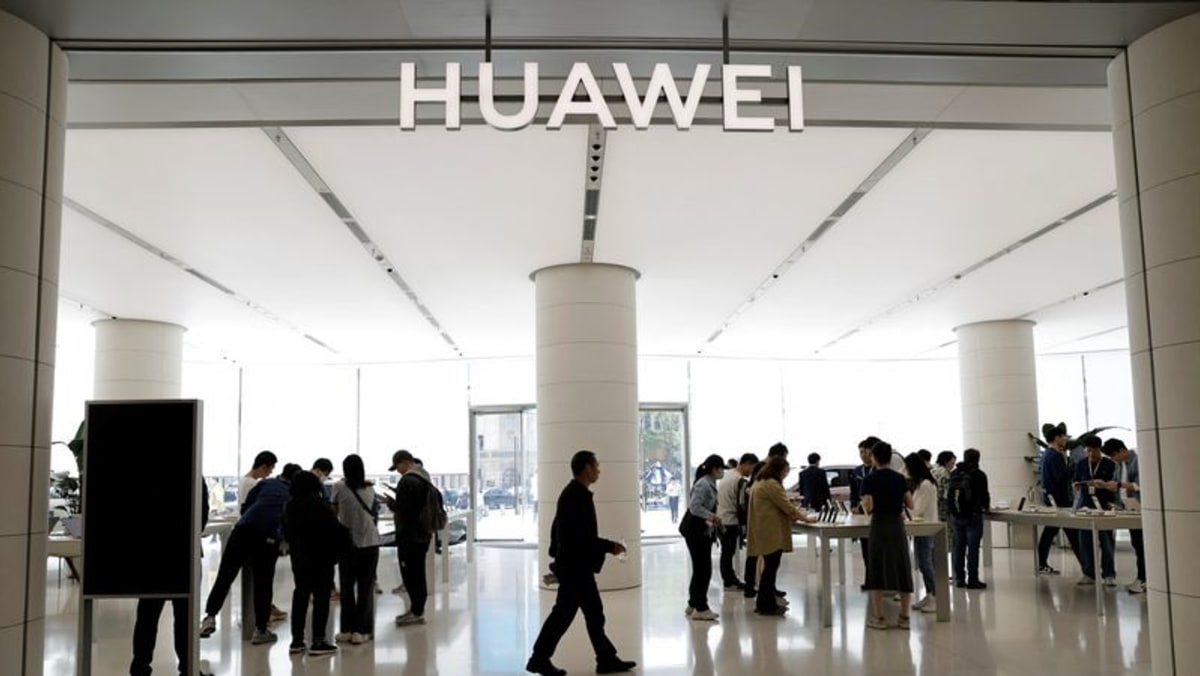BEIJING: Chinese universities and research institutes recently obtained high-end Nvidia artificial intelligence chips through resellers, despite the US widening a ban last year on the sale of such technology to China.
A Reuters review of hundreds of tender documents shows 10 Chinese entities acquired advanced Nvidia chips embedded in server products made by Super Micro Computer Inc, Dell Technologies Inc and Taiwan’s Gigabyte Technology Co Ltd after the US on Nov 17 expanded the embargo to subject more chips and countries to licensing rules.
Specifically, the servers contained some of Nvidia’s most advanced chips, according to the previously unreported tenders fulfilled between Nov 20 and Feb 28. While the US bars Nvidia and its partners from selling advanced chips to China, including via third parties, the sale and purchase of the chips are not illegal in China.
The 11 sellers of the chips were little-known Chinese retailers. Reuters could not determine whether, in fulfilling the orders, they used stockpiles acquired before the US tightened chip-export restrictions in November.
Contacted by Reuters, Nvidia said the tenders specify products that were exported and widely available before the restrictions. “They do not indicate that any of our partners violated the export control rules and are a negligible fraction of the products sold worldwide,” a spokesperson said.
The server makers said they complied with applicable laws or would investigate further.
Among the buyers were the Chinese Academy of Sciences, the Shandong Artificial Intelligence Institute, Hubei Earthquake Administration, the Shandong and Southwest universities, a tech investment firm owned by the Heilongjiang provincial government, a state-run aviation research centre, and a space science centre.
None of the Chinese buyers and retail sellers responded to questions from Reuters about the matter.
Daniel Gerkin, a Washington-based partner at law firm Kirkland & Ellis, said Nvidia chips could have been diverted to China without a manufacturer’s knowledge, given a lack of visibility into downstream supply chains.
If the manufacturer had performed sufficient due diligence, “it presumably would be challenging for the US government to pursue an enforcement action”, he said.
The US Commerce Department told Reuters it could not comment on any potential ongoing investigations, but said its Bureau of Industry and Security monitored diversions of restricted chips, conducted end-use checks and examined potential breaches.
Officials would investigate credible allegations of violations, including through the use of shell companies, a spokesperson said.














